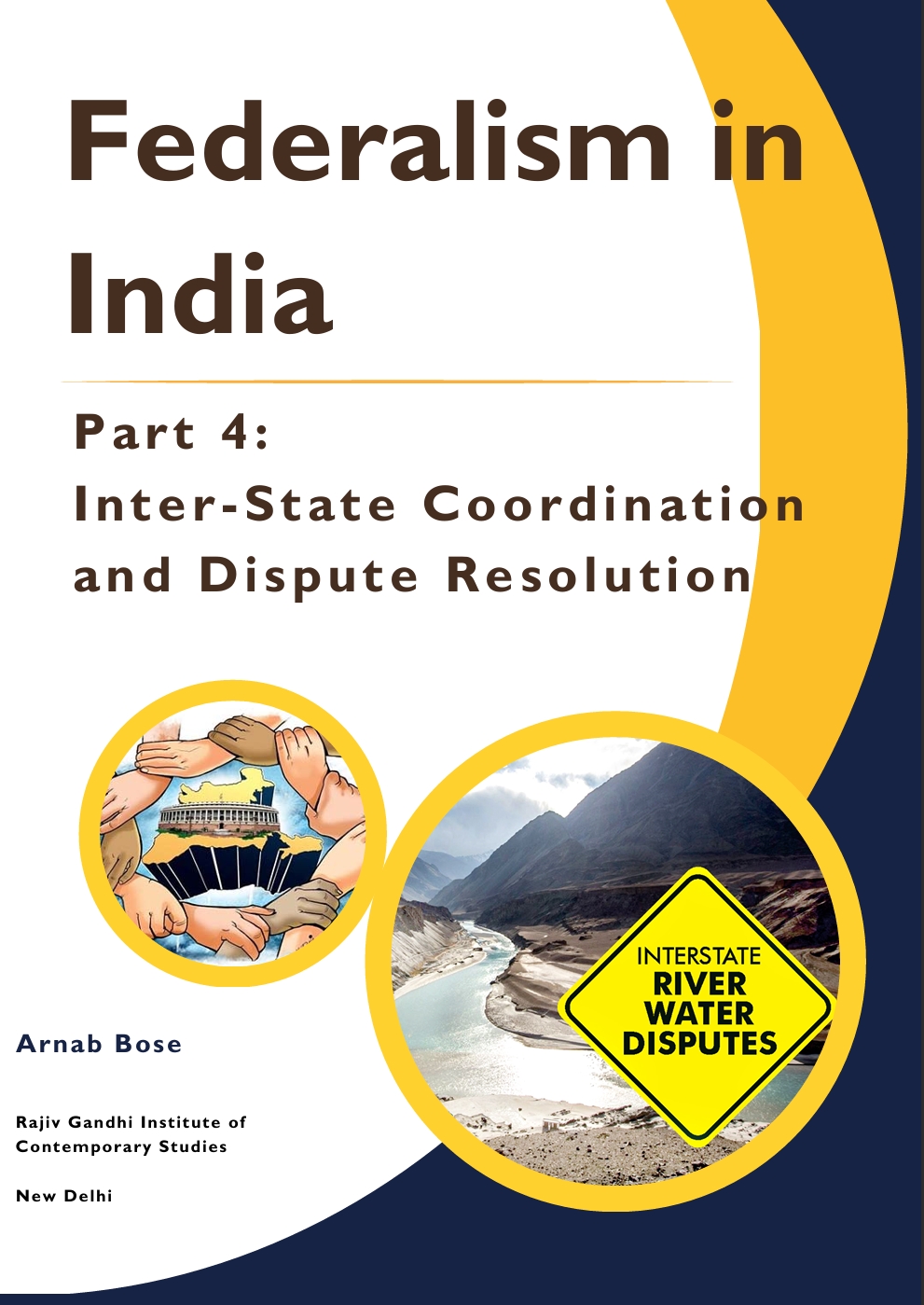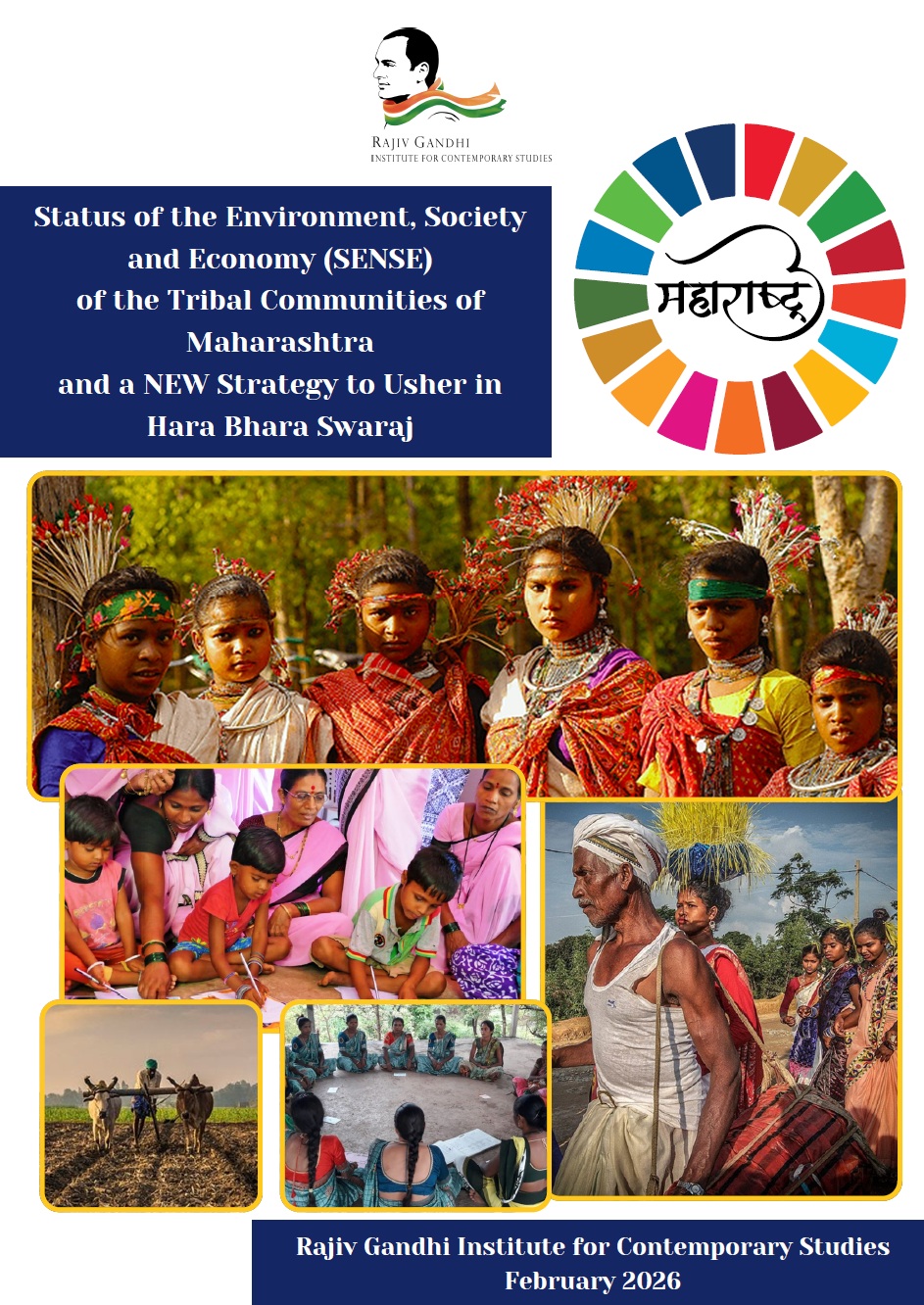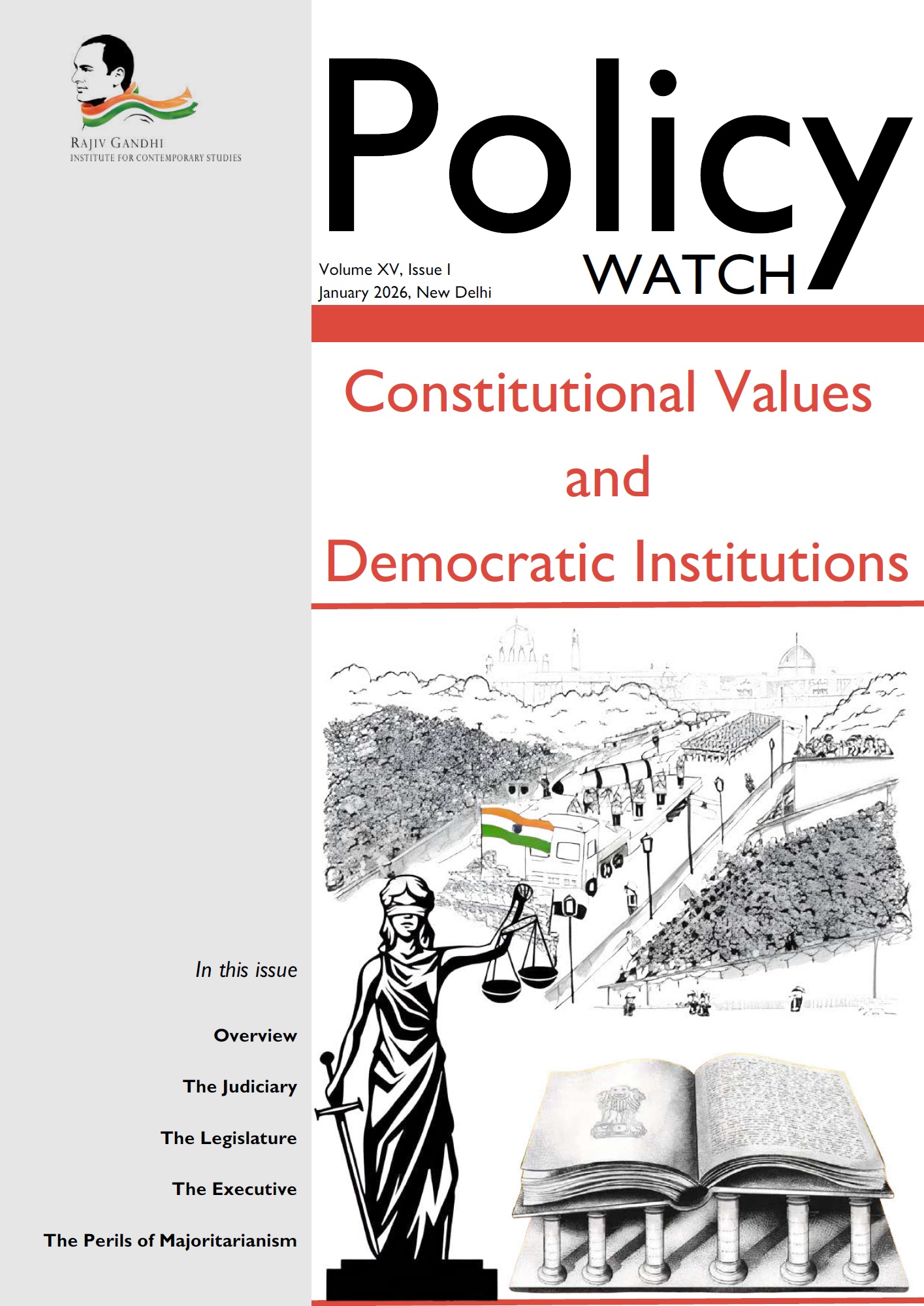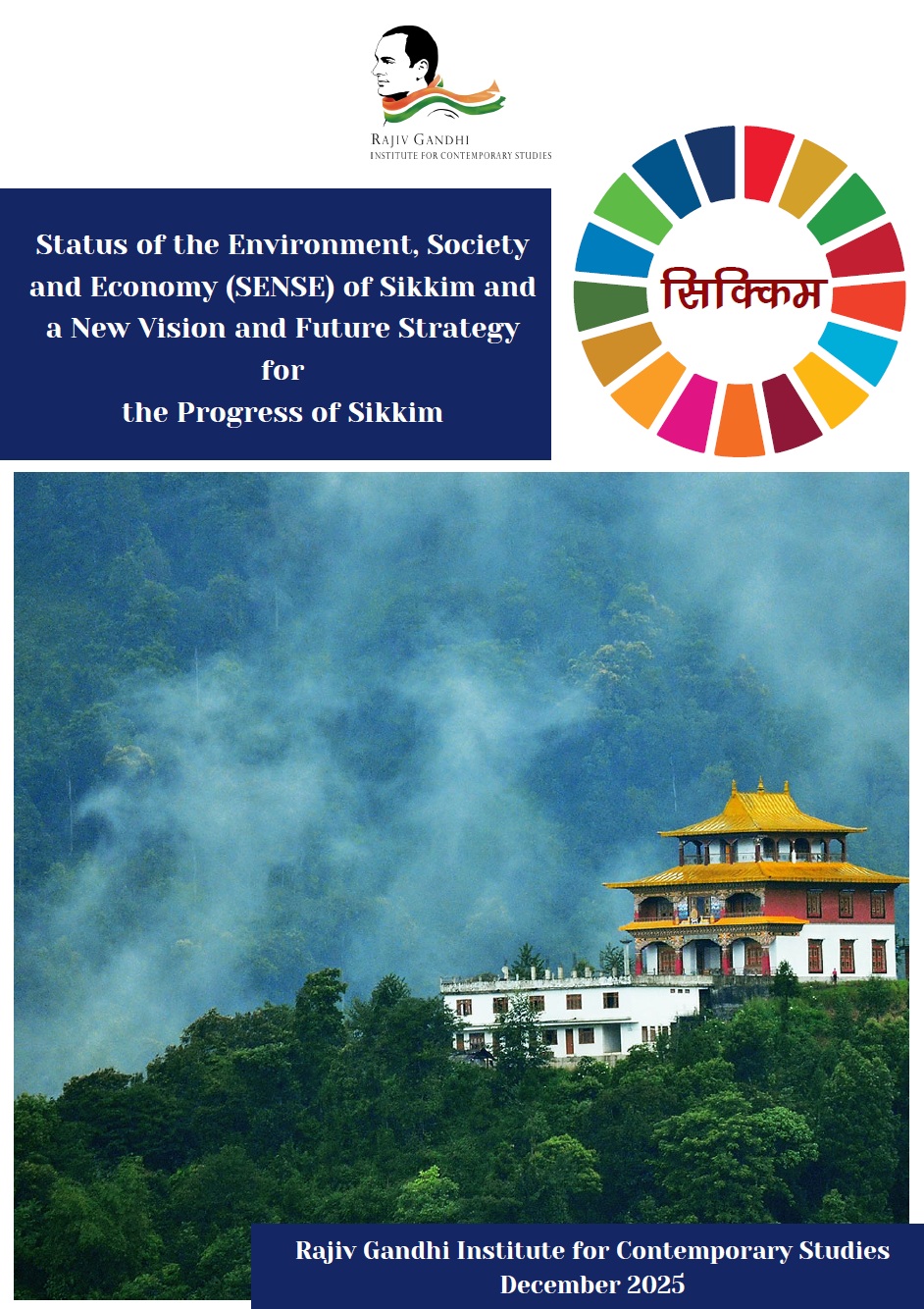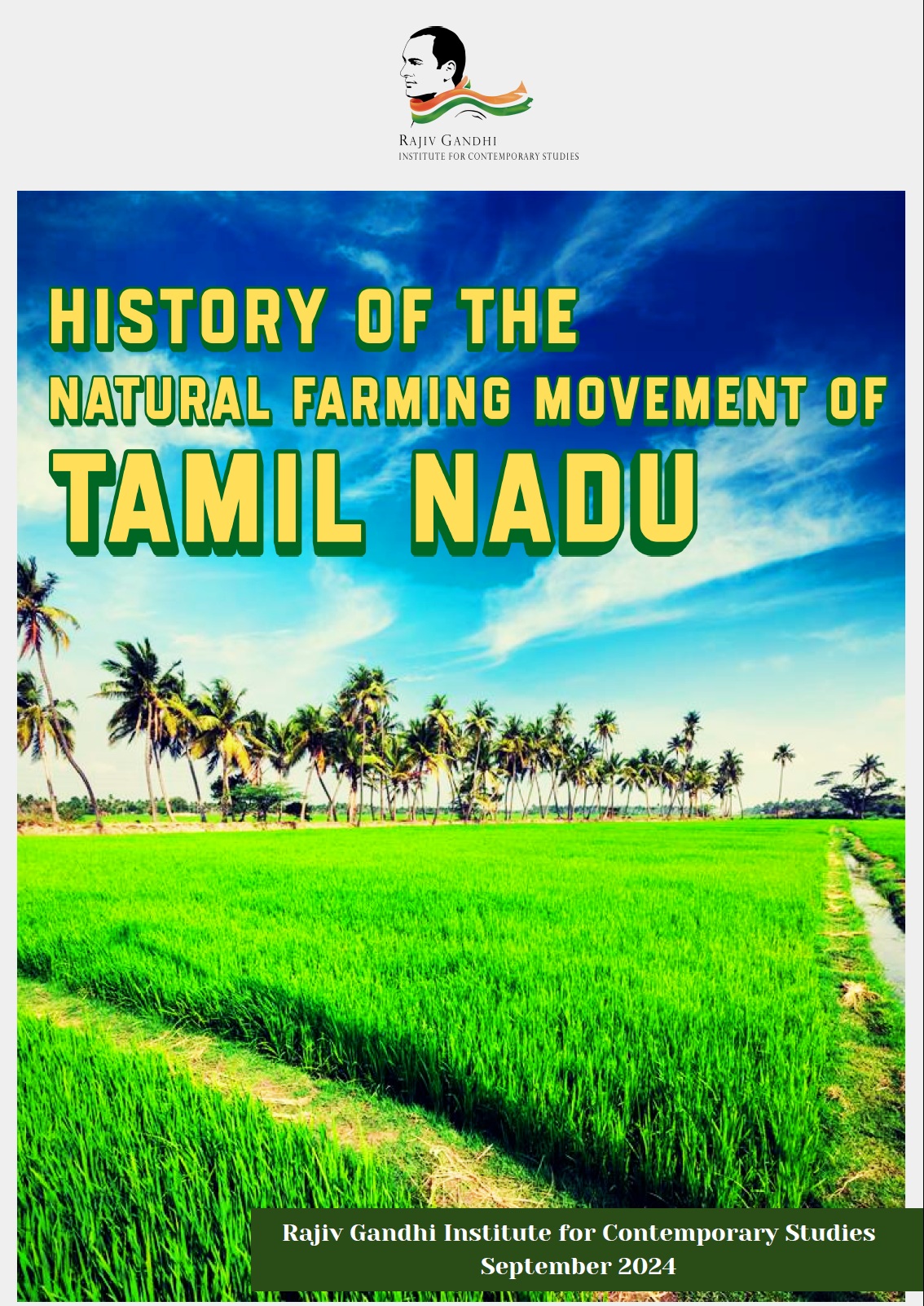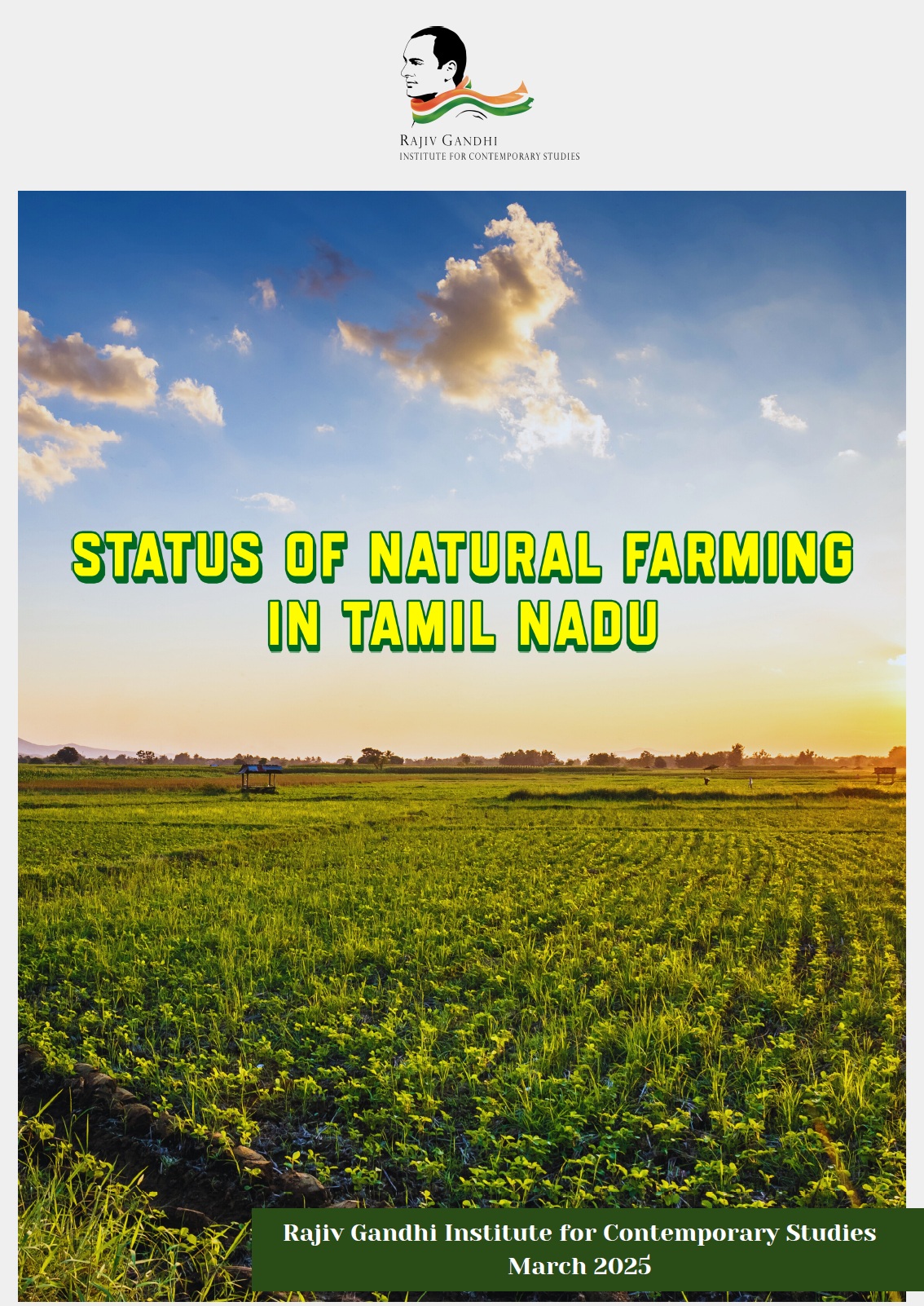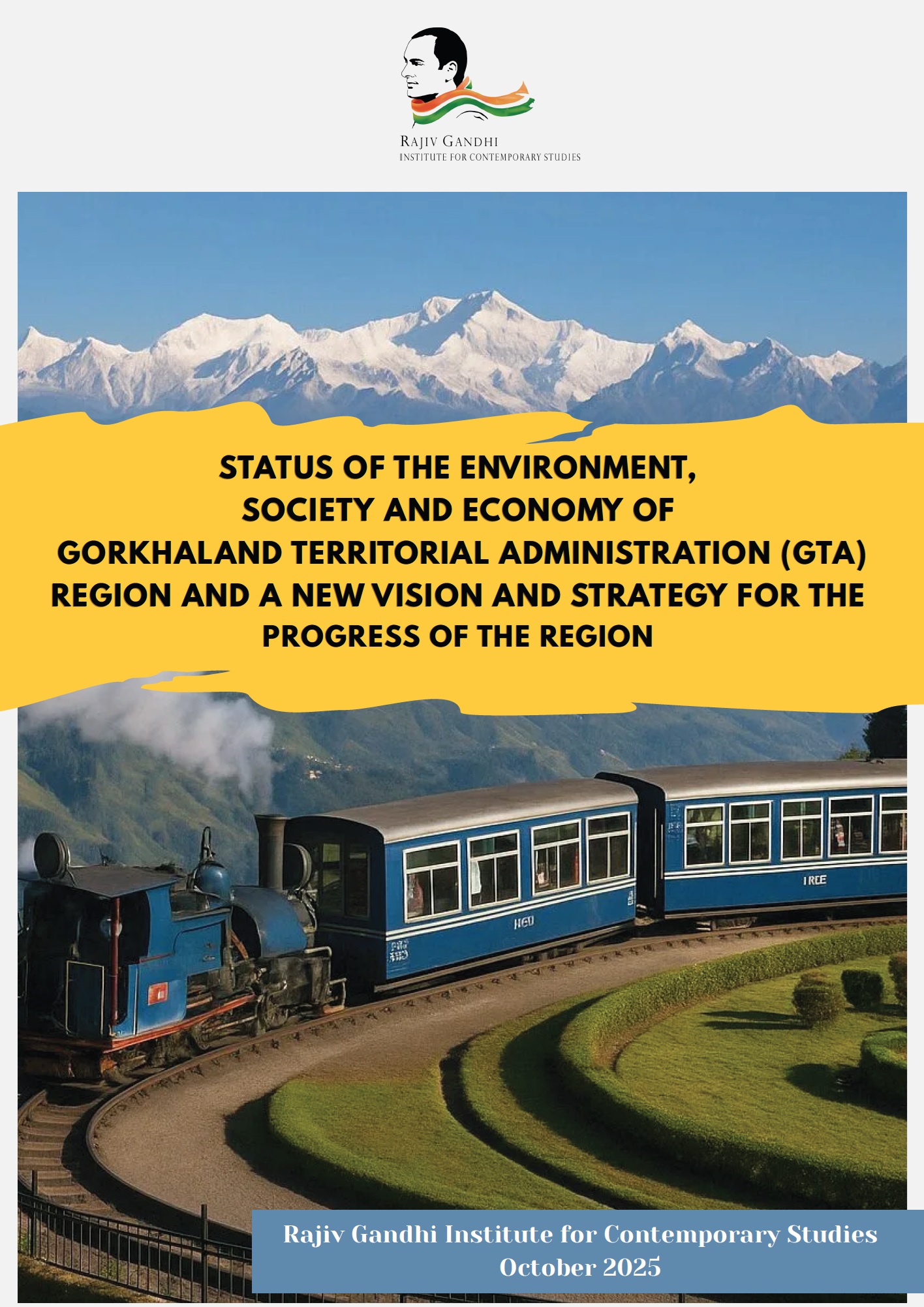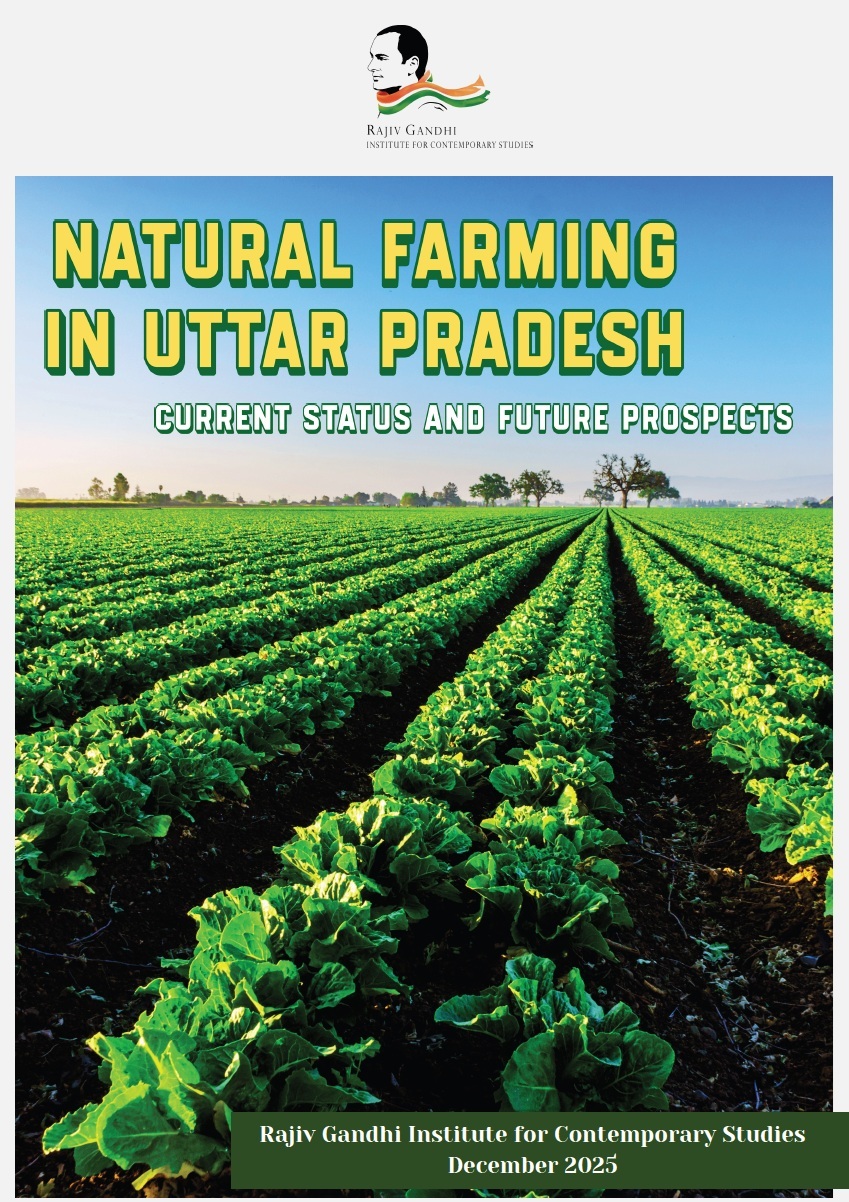The document highlights key findings on India’s federal structure, focusing on inter-state coordination and dispute resolution mechanisms. It emphasizes the constitutional provisions for resolving disputes, particularly through Article 131, which grants the Supreme Court original jurisdiction over legal disputes between states or between states and the Union. However, the effectiveness of these mechanisms is often hindered by prolonged judicial processes, lack of political will, and politicization of disputes. The document also discusses the Inter-State River Water Disputes Act, 1956, and the role of tribunals in resolving water disputes, noting that delays and lack of data often prolong resolutions. Additionally, the Inter-State Council (ISC) and National Development Council (NDC) are examined as platforms for fostering cooperation, though their advisory nature and infrequent meetings limit their impact.
The paper delves into specific mechanisms for inter-state coordination, including Article 262, which empowers Parliament to adjudicate water disputes, and Article 263, which establishes the ISC for resolving inter-state conflicts. It critiques the ISC for its lack of permanence, technical expertise, and infrequent meetings, suggesting that constitutional or statutory status could enhance its effectiveness. Similarly, the NDC, once a key body for development planning, has seen its role diminish over time, particularly after the abolition of the Planning Commission and its replacement by NITI Aayog.
The document concludes that while India has robust constitutional frameworks for inter-state dispute resolution and coordination, their implementation is often marred by procedural delays, political interference, and a lack of centralized mediation efforts. Strengthening these mechanisms, fostering consensus-building, and ensuring regular consultations are essential for effective cooperative federalism in India.
Keywords: Federalism, Inter-State Disputes, Article 131, Water Disputes, Inter-State Council, National Development Council, Supreme Court, Constitutional Mechanisms, Coordination, Tribunals
Federalism in India Part 4: Inter-State Coordination and Dispute Resolution
Send download link to:

